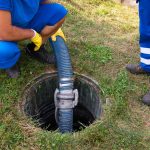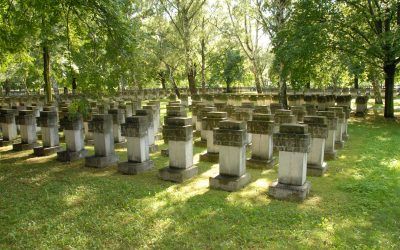Waste management in London takes into account the 3Rs – Reduce, Reuse and Recycle. The typical rubbish bin in London contains only 35% organic matter; the remaining 65% can easily be recycled. An amazing 30% of the contents are paper, which usually is food wrapping and boxes.
Many millions of tonnes of waste are generated each year in the UK, currently less than 20% of that collected was for recycling purposes. This figure is very low compared to the rest of Europe where some countries recycle over 50% of their household waste. All the waste that can be and should be recycled is ending up in ever scarcer landfills.
There are some facts that everyone should know about recycling:
* 1 recycled can saves sufficient energy to operate a TV set for over three hours
* 30 minutes of computer time equals the energy saving of one recycled glass jar
* 1 plastic bottle saves adequate energy to light a 60 watt light bulb for three hours
* It takes 70% less energy to recycle waste paper than making it from virgin material
There are many interesting statistics and tit-bits; here are few that are particularly engaging:
* The power contained in one dustbin each year can power a TV for 5,000 hours
* 16% of the price of products we all buy is packaging, and it ends up in the tip
* If all cans in the UK were recycled, this would result in 14 million fewer bins.
How are materials recycled?
Paper:
Once collected, the paper is taken to a recycling facility where it is separated and graded. This scrap is washed with soap and water to remove any ink and glue. The “cleaned” paper is mixed with water to become slurry. The slurry has some virgin materials added and becomes cardboard, newsprint or office copy paper. The slurry is rolled onto large rollers as a thin sheet; it is then delivered to a processor who cuts the paper to size for consumption.
Glass:
Once collected, the glass is taken to a glass treatment plant; here it is sorted into colour and washed to remove any dirt and impurities. The glass is then crushed, melted and remoulded into new products such as jars and bottles. Recycled glass is also a component in brick making. As glass never degrades, it can be recycled indefinitely.
Aluminium:
At the treatment plant where it goes after collection, the cans are sorted and cleaned. The cans and aluminium scrap is re-melted in huge electric furnaces and cast into blocks called ingots. The ingots are sent to the mill where they are rolled into sheet, which then becomes a new can or packaging for ready to eat meals.
Waste management in London is an on-going project, the more people who become involved, the better we all will be for it.
Recycling and waste management in London is being conducted by Brewsters Waste Management Ltd. Their collection centres are highly automated, insuring that at least 90% of the collected waste is recycled.








